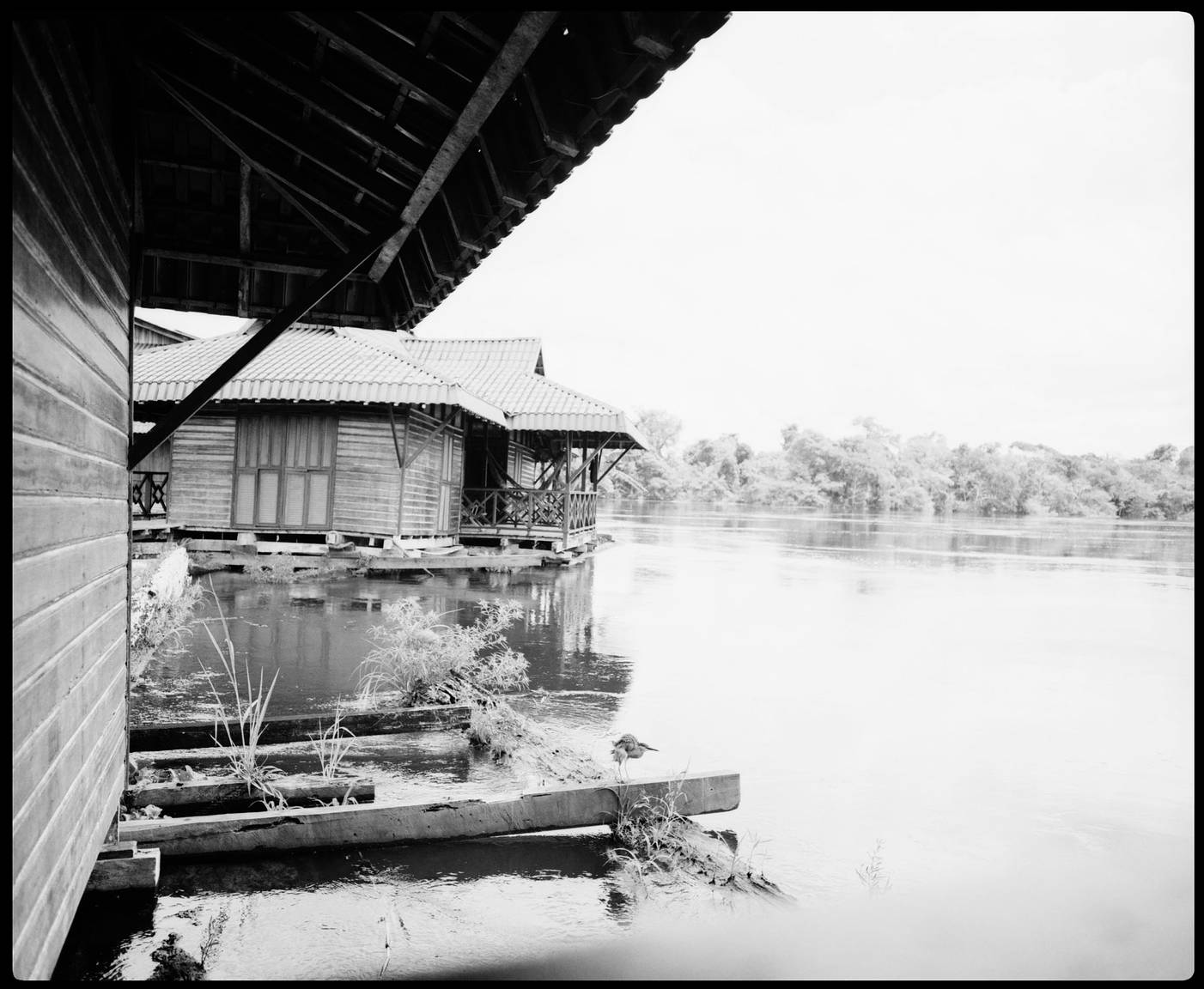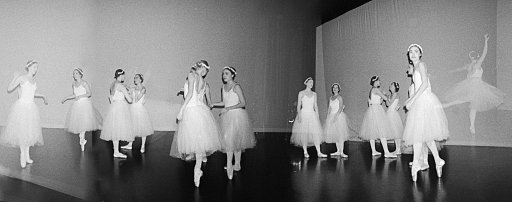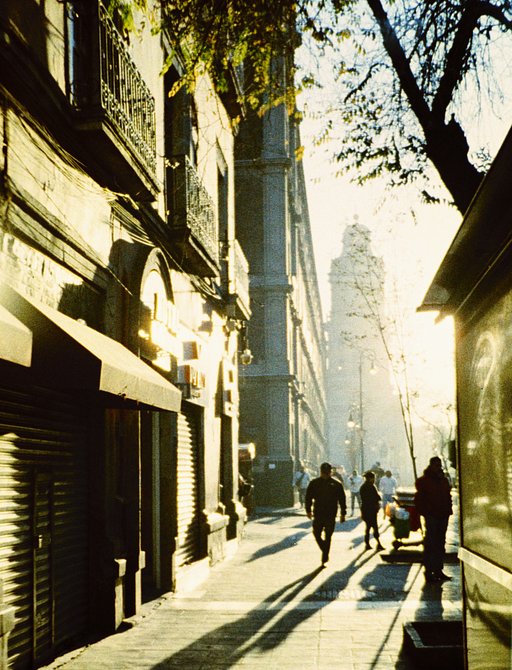The World According to Herr Willie: The Amazon
8 19 Share TweetIt was the Amazon which I had longed for my whole life. And when it was finally a set deal that I will travel to Brazil with two of my best friends for the Copa do Mundo (World Cup), we really had to start our adventure in the Amazon. I had known about this magical place deep in the rainforest. There was a lodge run by local people of indigenous background, with wooden houses that float on the water and a limited number of visitors. It was eco-tourism as how it should be. To preserve and to celebrate one of the most impressive locations I have seen so far.

The Amazon River is the largest river on the planet with over 200,000 cubic meters of water. The river consists of hundreds of sources that feed it, as well as the rain of the jungle. Because the area connected to the Amazon is so vast–almost half of the whole continent–it also gives its name to the biggest rainforest in South America. The tropical jungle touches not only Brazil, but also Bolivia, Colombia, Peru, and Guyana.
The Amazon is a myth, much more than a geographic or a scientific phenomenon. It is considered a beauty and a beast at the same time, and has fired up the imagination of us humans for centuries. One should not travel there wildly–one, to preserve the forest and two, to save yourself as it full of dangers. My dear friends Andi / @magicbus, Bruna / @bruna_ , and I went to see the myth six years ago and whistled a song of love about it. They visited an eco-tourist lodge, and I knew that I want to go there as well.
The Pousada Uacari was the name of the place in the remote Reserva Mamirauá. It is so remote that you will not find it marked on Google Maps. I guess they have to start using Google Boats instead of cars to cover the whole planet. To get to the Reserva Mamirauá, you have to pack your lunchbox and prepare yourself for a long journey. As it was our prime and first stop in Brazil, our route was as follows:
From Hamburg we flew via Lisboa to Manaus, the biggest city in the Amazon. From there we took a small plane to Tefé, which is a small city two hours westwards into the Amazon. The end of civilization. Ferries from here go back and forth to Manaus and up to the eastern edges of Brazil. We went to the market of Tefé and there lingers a feeling of El Dorado. There were pioneers and outcasts who want to make the big break and want to live a life of adventure. Teféros on the edge of the world–I imagine it was really exciting back in the day, when the gold and rubber rush made people dream of fortune. From there, we were collected by the helpers of the NGO running the lodge and then we took a two-hour trip to our destination. Some dolphins danced with us around the boat. It was impressive. So much water, so much sun, so big, and still so remote. The access is not only limited by distance but also by system. There are around nine little floating houses in the Pousada, which means the guesthouse is in English and they are filled constantly. There are packages of three and five days with very agreeable prices as I find it. Even more so, all the meals are covered and are very good.
The Pousada Uacari is, in many ways, remarkable. It is connected to a scientific station and is supposed to deliver constant results from tests and observations. But it should also encourage the local community to see the value of their natural fortune. This comes surely not only if people visit from all over the world and appreciate what they experience, but also through employment. So many families profit from the eco-tourism because they work as guides, cooks, or maids in the Pousada. There are also volunteers from different universities and NGOs all over Brazil, who come for weeks or months to support the project. All of them spread the word about the marvel of the Amazon.
There are two kinds of river dolphins in the Amazon. One of them is a curious creature, the boto, a rather giant pink dolphin that is almost blind with incredible sonar abilities. There is not so much known about it yet, that is why volunteers and scientists observe their tracks around the fresh waterways, where they go, how they breed, and how many there are. They are endangered by fishing and the humans who take their living space. I am glad that I know about them now.
When we arrived, we had the privilege to go straight away into the forest on canoes. Everyone paired with a local guide, put on a life vest, and off we went floating into the forest. It is a sensation that is hard to describe because nothing compares to it to. First you are on the river, then you glide into the forest five meters above the ground. The sea level always adjusts to the season and the rainfall. It is like Venice without houses and people. But everything feels natural, like men should always move this way. We were awfully lucky with the weather because it rained only once during our stay and everyday we floated into the jungle, and not once did it lose its magic.
I fell in love with my guide right away. Braga was the oldest among the guides–the quietest and, in my view, the smartest of them all. Quite the opposite of myself. The procedure was like a ritual: we floated into the jungle, gently, quietly, and one with the elements. Braga then listened to a sound or a noise and calmly steered us there. Then he pointed me to one direction and told me a story in Portuguese. Sometimes he showed me a picture of a bird on his smart waterproof book. Sometimes he went to a giant tree and explained that its bark, seed, or fruit is good against that and this. I believe understood him well, and even if I imagined most of what he said, I liked the stories in my head.
We bonded especially through one episode. A cocky monkey enjoyed our company, too. Therefore, he threw a pile of his own produce–100% ape shit–at our canoe. Straight in the middle. Guides who witnessed this show giggled. Monkeys–besides the colorful birds, sloths, and caymans–were the most common creatures to hear and see. So many different kinds: cheeky capuchins and howling monkeys. I swear to god, they sound like washing machine on ecstasy. We saw them pretty well, jumping from one tree to another, so high in the crowns of the Amazon.
But there is this peculiar Uacari monkey that gave the lodge its name. It’s an ape with a red face and white fur that only really exists in this area. It looks so human, it’s almost scary. Beautiful but scary. I think it could be a mission to make a Japanese horror movie of the Uacari. I would go see it, even if it means I will get a pile of monkey crap on my canoe.
One of the field trips we had was to a neighboring water village. Like in Venice, the people have always settled themselves along the water. Their houses are on floating platforms, so even if there is more water than normal, the lodges will not be flooded. Students from nearby settlements come to a school on water. There are also shops that are important points of interchange. But surely, depending on how far your house is from the village, you need to go long distances to provide yourself with goods. On one hand, there are plenty of fish from the river and fruit from the trees. We went to a cute shop where local artists sold crafts made of with wood, seeds, or bones of fishes – very original and a good source of income.
Ah, but there is one thing you would have to keep in mind as a future inhabitant of a floating house. The watermen had domestic animals such as cats or dogs. They even had chicken on a floating shed. But naughty caymans ate them all. Another interesting story is that the ancestors of the current population buried their deceased ones on or within trees. This tradition has literally died. Now the corpses are transferred to Tefé or to bigger settlements on land.
Living in the jungle is like living on a boat. You very much fixate your being to the existing light. That means you get up with the early sun and everything slows down after sunset. Quite a change to our urban life. There is electricity at the Pousada and a diesel-driven generator, but they try to save as much energy as possible. We saw the intense football game of Germany vs. Algeria at the Copa in the floating dining room of the Pousada. But the energy is just enough for the game time. So there was no pre-, post-, or whatever coverage besides the plain match.
One photographic obstacle I was fully aware of before I came was the darkness of the forest. I knew I have to consider the right film or just go with the right moments where there was a glimpse of light every time we slipped deep into the forest. Some of my favorite pictures just have a glimpses of light, really. They depict the atmosphere of the Amazon when you float on without noise, without destination through the jungle. Just enjoy being a tiny element in a cascade of bird screams and the rustling leaves from monkeys moving. At night I laid down in the hammock at my terrace and listened to the sounds of nature. I guess I just wanted to preserve a part of it in me.
One of the imminent dangers of the Amazon are piranhas, the slippery menace with a bucket full of sharp teeth. Seriously, there was a visitor of the Pousada who tried to test a piranha. He put his finger close to its mouth, and zap! A piece of the visitor became missing. Oops, collateral damage. So we were warned about that when we went fishing. Our guides had eyes and ears for where to find piranhas, mainly close to the edge of the forest–not too deep, not too cold. We were quipped with very simple rods and had the finest bait a piranha could ever ask for: chicken meat! But these fellows, with their sharp teeth, are smart predators. You have to get a grip of the water and their behavior; otherwise, they outsmart you and nudge the chicken snack off your rod before you can even spell p-i-r-a-n-h-a.
I will be frank and honest: I kind of suck in piranha-fishing. I caught about two in two hours’ time, which is a underwhelming rate. There have been others with 20 fishes in the bag. But I must admit, even if I would die of hunger and my local Amazon supermarket would be closed, I still enjoyed every bit and bite of this piranha experience.
I am happy to be able to experience spending time in the Amazon in my lifetime. It will surely stick with me–the sounds, the images, and the people. And I want to believe that I will return one day.
To learn more about the Pousada Uacari, check out their webpage.

Read more of Willie Schumann’s (@wil6ka) travel stories on The World According to Herr Willie.
written by wil6ka on 2015-04-09 #places #brazil #summer #location #pousada-uacari #south-america #the-amazon #amazon-rainforest #the-world-according-to-herr-willie































































































8 Comments